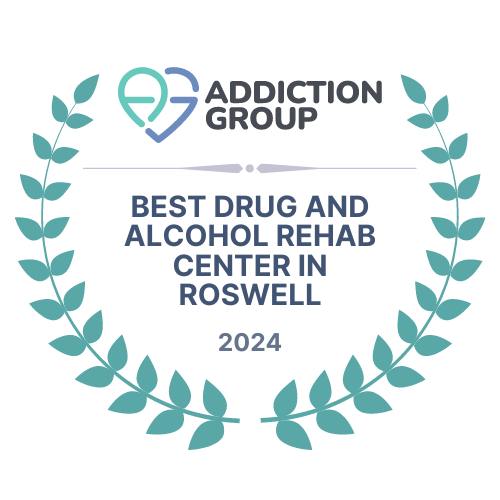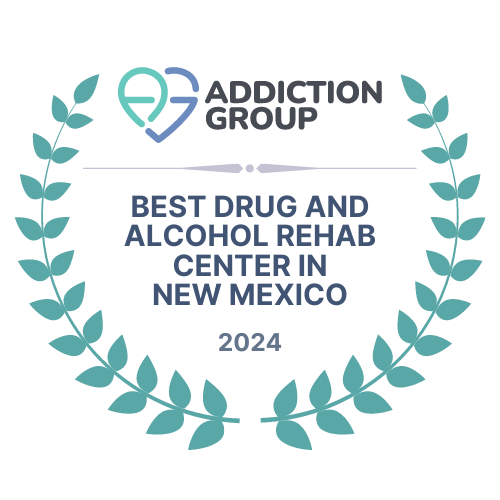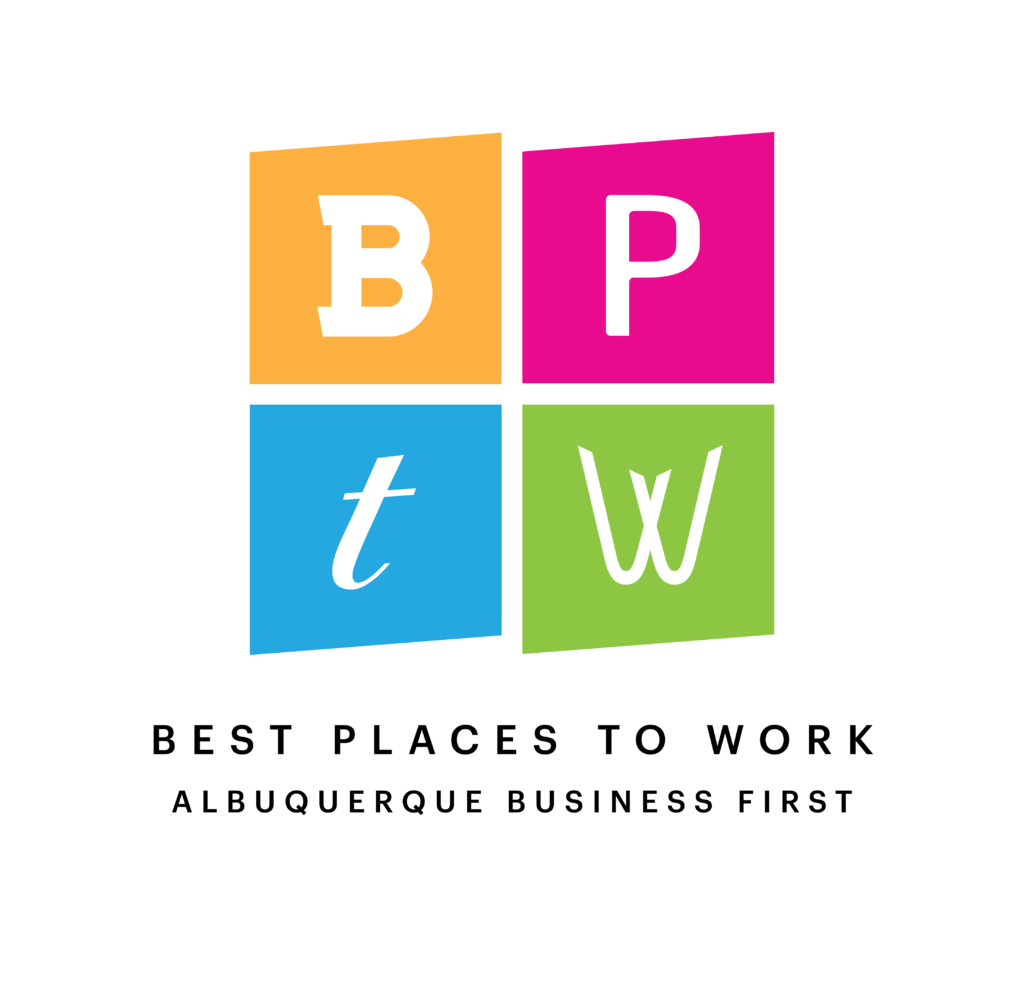Addiction treatment has undergone significant transformations over the years, evolving from rudimentary methods to advanced, evidence-based practices. This blog explores the history and progression of addiction treatment, highlighting key innovations and their impacts on recovery outcomes.
Historical Perspectives
In the early 20th century, addiction was often misunderstood and stigmatized. Treatment methods were rudimentary and punitive, focusing more on moral failings than medical conditions. Institutions like asylums and sanatoriums were common, where individuals faced harsh treatments with little understanding of addiction’s complexities.
Emergence of 12-Step Programs
The founding of Alcoholics Anonymous (AA) in 1935 marked a pivotal shift in addiction treatment. The 12-step program introduced the concept of mutual aid and peer support, emphasizing personal accountability and spiritual growth. This model provided a structured framework that many found effective in maintaining sobriety and continues to be widely used today.
Development of Medical and Psychological Approaches
The mid-20th century saw the emergence of more scientific approaches to addiction treatment. Researchers began to understand addiction as a medical condition, leading to the development of new treatment modalities. Methadone maintenance therapy, introduced in the 1960s, provided a medical solution for opioid addiction, helping reduce withdrawal symptoms and cravings.
Psychological approaches also gained prominence, with therapies such as cognitive-behavioral therapy (CBT) and motivational interviewing (MI) becoming integral parts of addiction treatment. These therapies address the underlying psychological factors contributing to addiction, offering strategies to manage triggers and develop healthier coping mechanisms.
Integration of Holistic and Alternative Therapies
In recent decades, there has been a growing recognition of the importance of holistic and alternative therapies in addiction treatment. Practices such as mindfulness meditation, yoga, and acupuncture have been integrated into treatment programs to address the physical, emotional, and spiritual aspects of recovery. These therapies complement traditional methods, providing a more comprehensive approach to treatment.
Advancements in Medication-Assisted Treatment (MAT)
Medication-assisted treatment (MAT) has become a cornerstone of modern addiction treatment, especially for opioid and alcohol dependencies. MAT involves the use of FDA-approved medications like buprenorphine, naltrexone, and acamprosate, combined with counseling and behavioral therapies. This approach has been shown to improve survival rates, increase retention in treatment, and decrease illicit opioid use and other criminal activities.
The Role of Medications in MAT
MAT involves the use of FDA-approved medications to normalize brain chemistry, block the euphoric effects of alcohol and opioids, relieve physiological cravings, and normalize body functions without the negative effects of the abused drug. The three primary medications used in MAT are:
- Methadone: An opioid agonist that reduces cravings and withdrawal symptoms by activating opioid receptors in the brain. Methadone has been used successfully for decades in the treatment of opioid dependence.
- Buprenorphine: A partial opioid agonist that produces weaker effects than full agonists like heroin or methadone. Buprenorphine helps alleviate cravings and withdrawal symptoms with a lower risk of misuse.
- Naltrexone: An opioid antagonist that blocks the euphoric and sedative effects of drugs such as heroin, morphine, and codeine. Naltrexone is also used in the treatment of alcohol dependence by reducing the rewarding effects of alcohol consumption.
The Role of Technology in Modern Addiction Treatment
Technology has revolutionized addiction treatment, making it more accessible and personalized. Telehealth platforms have expanded the reach of treatment services, allowing individuals to receive therapy and counseling remotely. Mobile apps and online support groups offer continuous support and monitoring, helping individuals stay connected and engaged in their recovery process.
Wearable technology, such as fitness trackers and biosensors, is also being used to monitor physiological changes and detect potential relapse triggers. These innovations enable real-time interventions, providing immediate support when needed.
Personal Stories of Recovery Through Modern Methods
Hearing about personal experiences can be a powerful motivator for those in recovery. Stories of individuals who have successfully navigated their recovery journey using modern treatment methods can inspire hope and demonstrate the effectiveness of contemporary approaches. These narratives often highlight the transformative impact of integrated treatment plans that combine medical, psychological, and holistic therapies.
Conclusion
The evolution of addiction treatment reflects a growing understanding of addiction as a complex, multifaceted condition. From the early punitive approaches to the sophisticated, integrative methods of today, each advancement has contributed to more effective and compassionate care. As we continue to innovate and refine these methods, the future of addiction treatment looks promising, with the potential for even greater success in helping individuals achieve lasting recovery.








